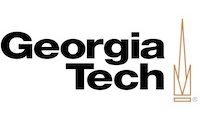
Customizable Modalities for Individualized Learning: Examining Patterns of Engagement in Dual-Layer MOOCs
Dual-layer MOOCs are an educational framework designed to create customizable modality pathways through a learning experience. The basic premise is to design two framework choices through a course – one that is instructor guided and the other that is student-determined and open. Learners have the option to create their own customized pathway by choosing or […]














